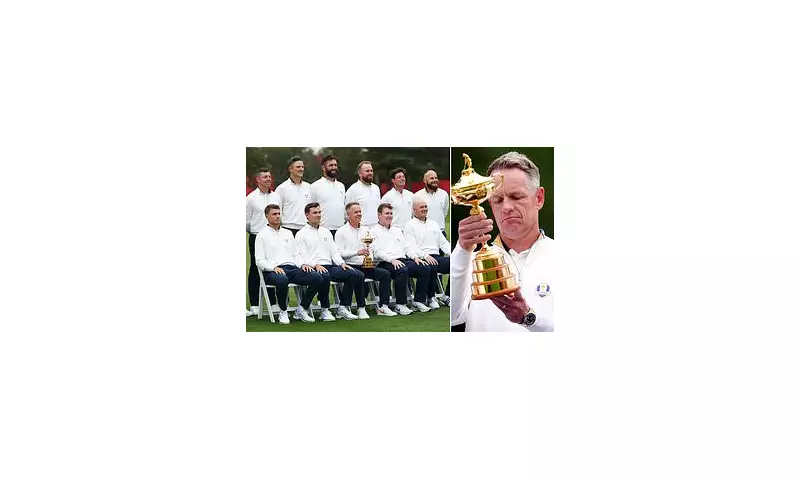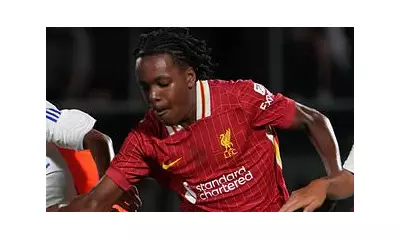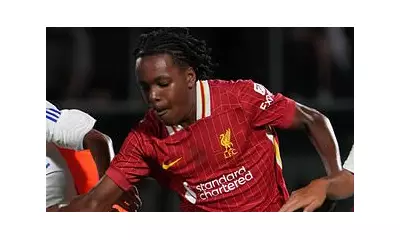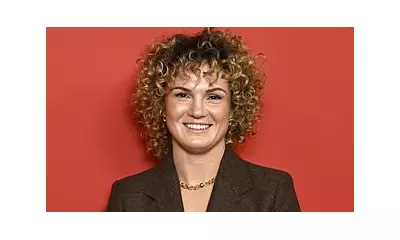
In a revelation that sheds new light on Europe's dominant Ryder Cup victory, it has emerged that captain Luke Donald orchestrated a remarkably detailed surveillance operation on his own team. The strategic mastermind left no stone unturned in his quest for the trophy, meticulously monitoring not just the players' performance but also their partners and families.
The Unseen Preparation
While the public saw the triumphant celebrations at Marco Simone Golf Club, the groundwork for victory was laid through an almost obsessive level of preparation. Donald's approach went far beyond traditional team meetings and practice rounds, delving into the personal dynamics that can make or break team morale during the high-pressure event.
The captain's surveillance was so comprehensive that he reportedly had staff discreetly observing the players' interactions with their WAGs (Wives and Girlfriends), ensuring that off-course distractions were minimised and a positive, focused atmosphere was maintained throughout the team's stay in Italy.
A New Level of Captaincy
This unprecedented strategy highlights the evolving nature of professional team management in golf. Donald's methods demonstrate a shift towards a holistic management style, where understanding the complete environment surrounding an athlete is considered as crucial as analysing their swing mechanics.
The intelligence gathered from these observations allowed Donald to make informed decisions about player pairings, rest periods, and morale-boosting activities, creating a seamless and supportive team bubble that ultimately proved impervious to the American challenge.
The Payoff in Rome
The results speak for themselves. Europe's commanding performance, leading to a decisive 16½ to 11½ victory, validates Donald's meticulous approach. Players appeared unified, focused, and free from the off-course tensions that have sometimes plagued previous campaigns.
This behind-the-scenes insight offers a fascinating glimpse into the lengths to which modern sporting leaders will go to secure a competitive edge, redefining the role of a Ryder Cup captain in the process.





